By 1953, Joseph Stalin, General Secretary of the Communist Party, had been ruling the country for almost 30 years. Under his tyrannical rule, his paranoia led to him ordering the deaths of 1.2 million people in what was called The Great Purge, with a further 1.7 million dying in work camps called Gulags. It was a fearful time to be a Soviet citizen and no-one was safe from the almost nightly raids of Stalin’s Secret Police, the NKVD, who would arrest anyone even lightly suspected of having anti-Communist sentiment. However, this paranoia lead to stress and this stress soon got to Stalin.
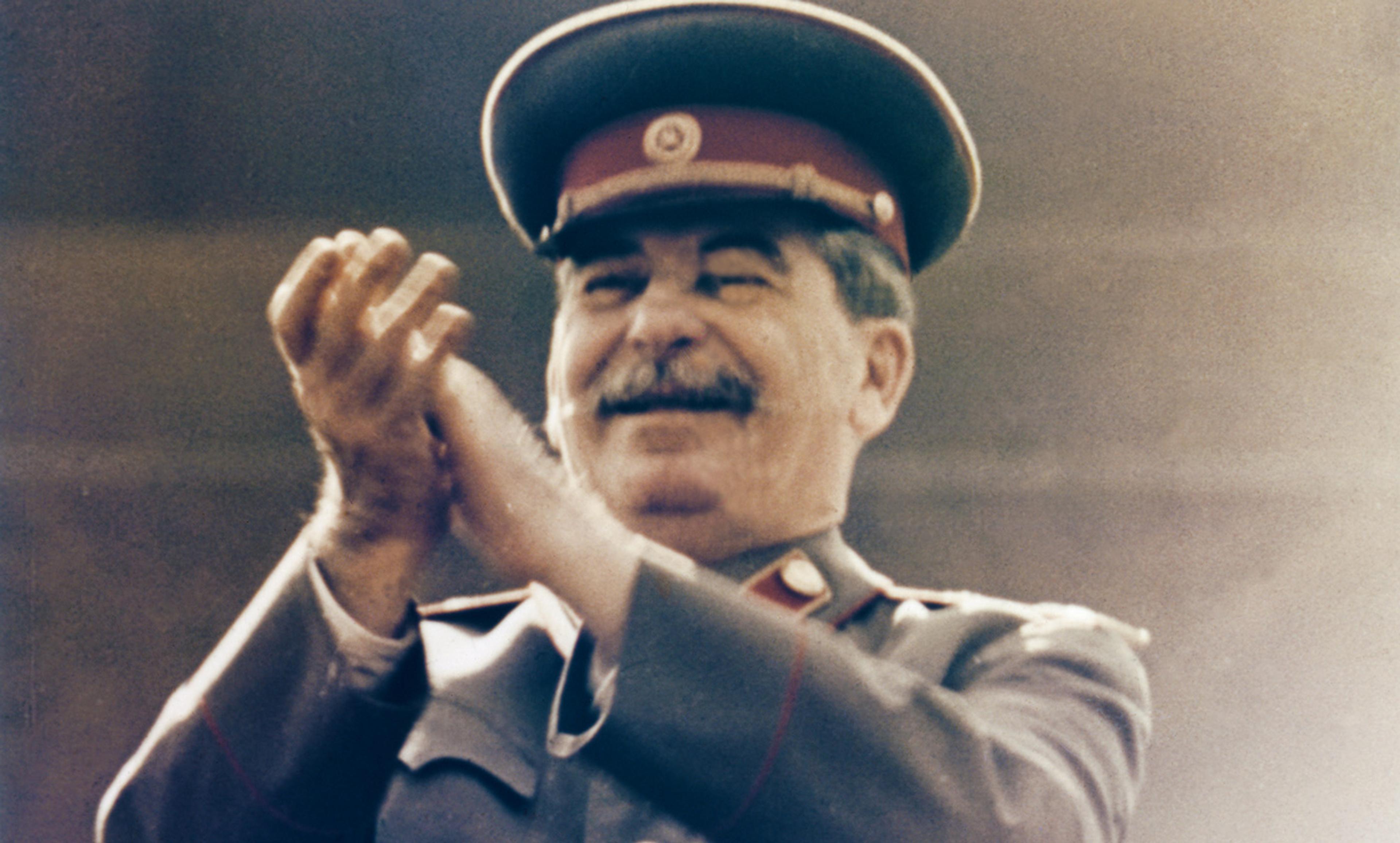
On February 28th, members of Stalin’s Inner circle gathered for a night of drinking at one of his Dachas. The party consisted of Stalin, Lavrentiy Beria, Former Head of the NKVD, Nikita Khrushchev, Moscow Party Head, Georgy Malenkov, Deputy Premier of the Soviet Union, and Vyacheslav Molotov, Former Minister of Foreign Affairs. Once the party was over, Stalin retired to his quarters at 4am and the other 4 went home. Stalin requested to not be disturbed. By 11pm, not a sound had been heard from Stalin’s room. His housekeeper went inside, only to find Stalin unconscious on the floor in a puddle of his own urine.
Immediately, members of the Politburo, the leaders of the Central Committee of the Communist Party were called to assess the damage and to see what could be done. Whilst calling a doctor was recommended, they encountered a slight problem. The previous year, Stalin had begun to believe that Jewish doctors were plotting to poison him, which they obviously weren’t. However, he began imprisoning and executing hundreds of Jewish Doctors, which came back around to bite him. The majority of actually good and competent doctors in the Soviet Union were Jewish, meaning that only the bad ones were left. If they managed to call upon a good doctor and Stalin got better, they thought he may see the act as treasonous, so they intentionally called upon the bad doctors that Stalin hadn’t imprisoned.
They gave him a diagnosis. Stalin had suffered a stroke. Ultimately, Stalin died on March 5th of 1953, leaving the Politburo without Stalin’s guidance, while Malenkov assumed the role of acting General Secretary. Whilst many were distraught by this, some saw an opportunity. Out of those, 3 emerged from the power struggle, all vying for the top job.
Georgy Malenkov – Deputy Premier of the Soviet Union

Malenkov was the natural choice, as he was next in the line of succession due to his position in the party. While he assumed an acting role, this ultimately meant nothing without other party members. Malenkov’s position was fragile, and only needed a little brute force to bring it crashing down.
Lavrentiy Beria – Former Head of the NKVD
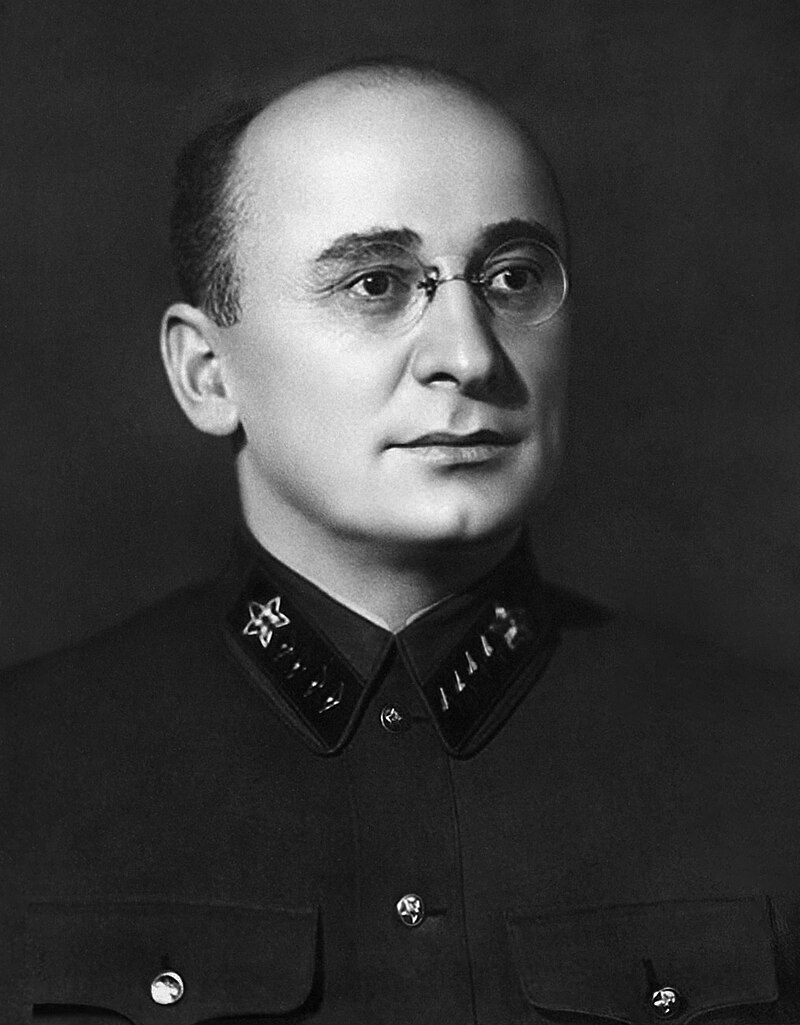
During Stalin’s purges, Beria was the man largely responsible for most of the killings, overseeing many of the names on the lists. Many, including Stalin himself, say that Beria was to Stalin as Himmler was to Hitler. He was an unfiltered psychopath, who would use his old position to sexually assault and rape young women, including teenagers and young girls. He knew that in order to gain power, he must ally himself with Malenkov.
Nikita Khrushchev – Moscow Party Head
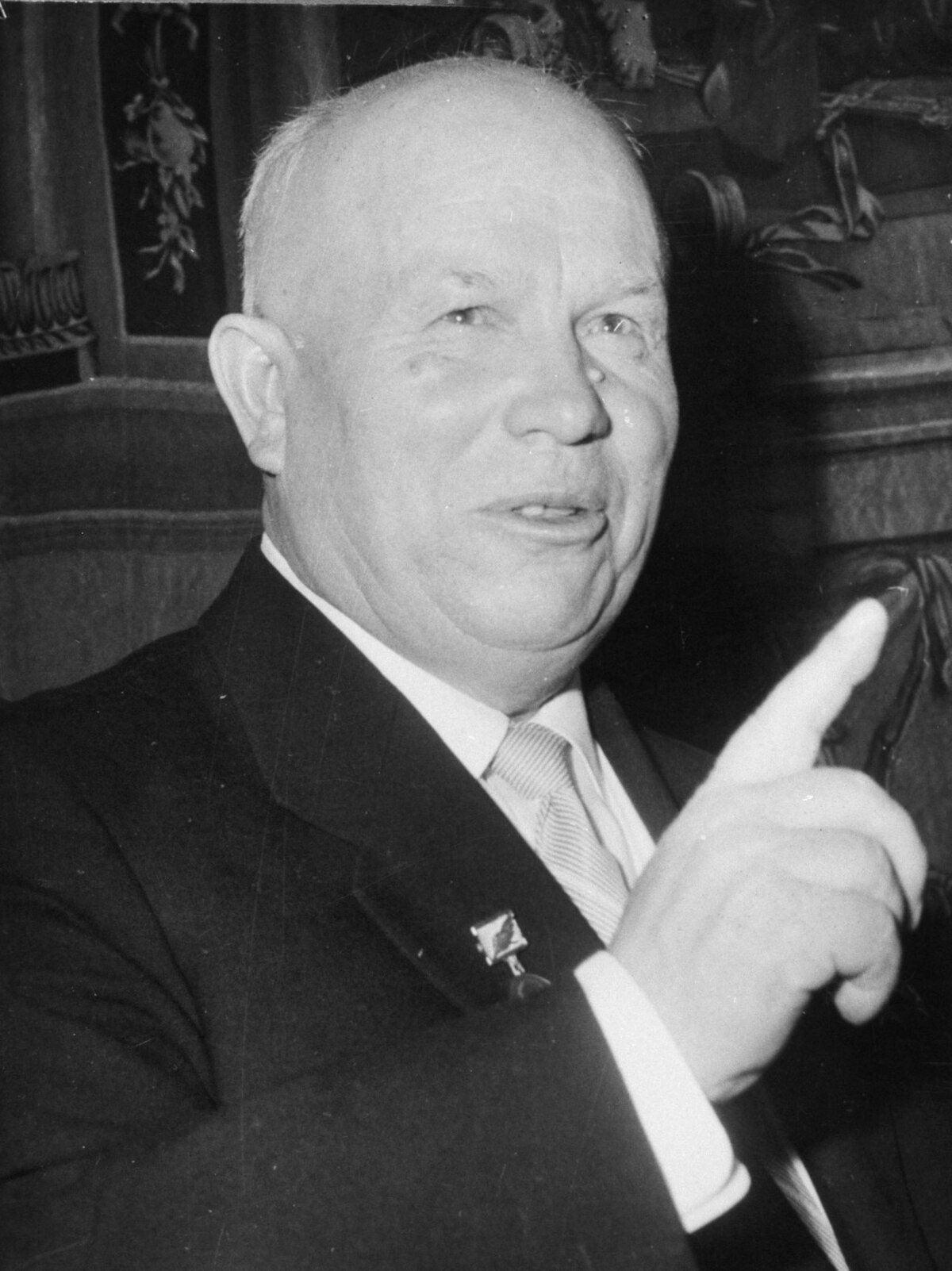
Khrushchev was seen as very unambitious by many others in the party, who all believed that Stalin only kept him around because he had a good sense of humour. However, Khrushchev knew his reputation and knew that if he kept his head down, he could stay in Stalin’s good books. But, with Stalin gone, he made a quick grasp for power, fearing that he could end up dead if Beria, a long time rival of his, assumed office.
Whilst the preparations were going ahead for Stalin’s funeral, Beria began making moves. He requested of Malenkov that he become Minister of Internal Affairs, which he merged with the Ministry of State Security, an organisation that would become the KGB in 1954. He then replaced the Red Army soldiers in Moscow with his secret police he just created. Many in the committee feared that Beria was attempting to organise a coup. Beria then began releasing millions of political prisoners, reduced lengthy prison sentences and halted mass arrests. Many believe this was done as an attempt to distance himself the Stalin and increase his popularity with the Soviet people.
The straw that broke the camel’s back was an uprising in East Germany. After the uprising, Beria believed that Germany should be reunited, for American compensation. Khrushchev saw this as highly anti-communist so hatched a plot to remove Beria. He began by seeking help from the army and, at a great personal risk, began talks with Georgy Zhukov, head of the Ministry of Defence and a key figure in the Soviet victory at Stalingrad during the war. Eventually, Zhukov joined the plot, and many others in the party began to follow suit, including Malenkov.
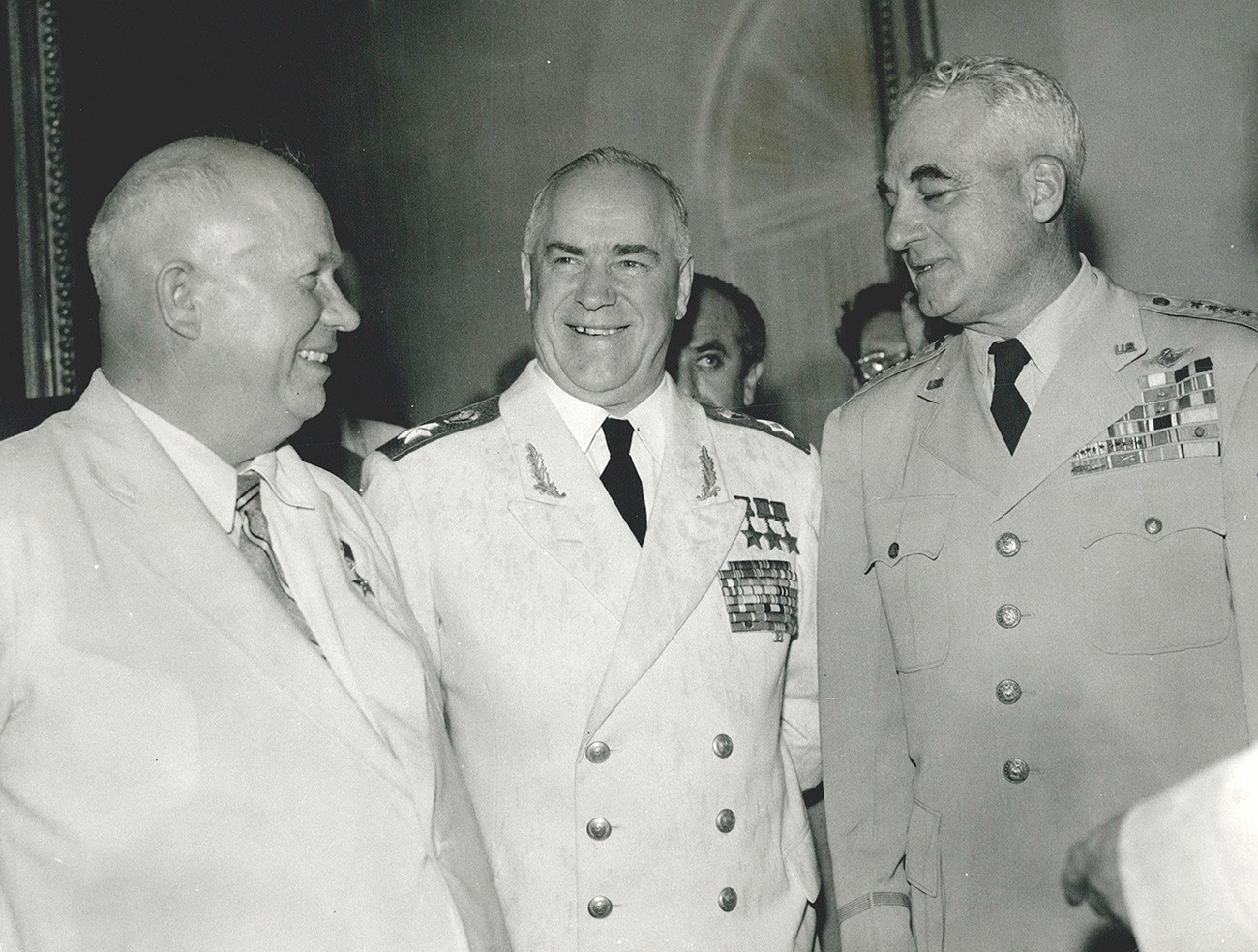
On June 26th, 1953, 3 months after Stalin’s death, a Politburo meeting was held. At the meeting, Khrushchev proposed that Beria be dismissed from the party, due to him being anti-communist and a spy for the British. Things escalated very quickly, with Beria yelling, asking what was going on, and, before a vote could be counted, Malenkov pressed a button underneath his desk, whereupon a group of Red Army soldiers stormed the room and arrested Beria. Due to Beria’s men guarding the building, he had to be smuggled out of the Kremlin at nightfall in a truck.
On December 23rd, Beria was brought before a tribunal, where he could not defend himself. He was accused of treason, terrorism and counter-revolutionary activity. Beria, as well as his associates, were sentenced to death that same day. Beria began begging on his knees pleading for mercy, before he was shot and killed by a Red Army General. His remains were cremated and buried in the woods.
Now practically unopposed, Khrushchev ousted Malenkov as General Secretary of the Communist Party and became leader of the Soviet Union by 1956. One of the first things he did as Leader was denounce Stalin in “The Secret Speech”
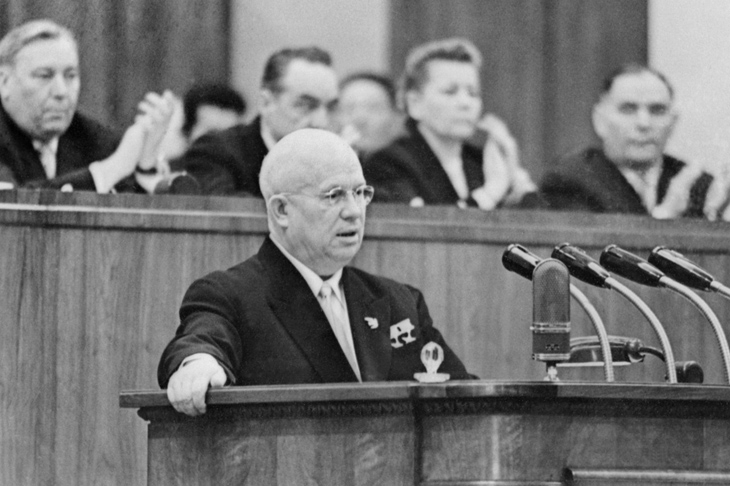
The negative characteristics of Stalin [which Lenin noted on] transformed themselves during the last years into a grave abuse of power by Stalin, which caused untold harm to our party.
Stalin acted not through persuasion, explanation, and patient cooperation with people, but by imposing his concepts and demanding absolute submission to his opinion. Whoever opposed this concept or tried to prove his viewpoint, and the correctness of his position was doomed to removal from the leading collective and to subsequent moral and physical annihilation.
[…]
Stalin [unlike Lenin] used extreme methods and mass repressions at a time when the revolution was already victorious.
[…]
It is clear that here Stalin showed in a whole series of cases his intolerance, his brutality, and his abuse of power. Instead of proving his political correctness and mobilising the masses, he often chose the path of repression and physical annihilation, not only against actual enemies, but also against individuals who had not committed any crimes against the party and the Soviet Government.
An excerpt from Khrushchev’s speech
Despite his speech exposing the crimes Stalin committed against his own people and the tens of millions killed under his orders, Khrushchev knew that the process of De-Stalinisation would be a long and arduous one but would ultimately be a better path for the Soviet Union than the three decades prior.
